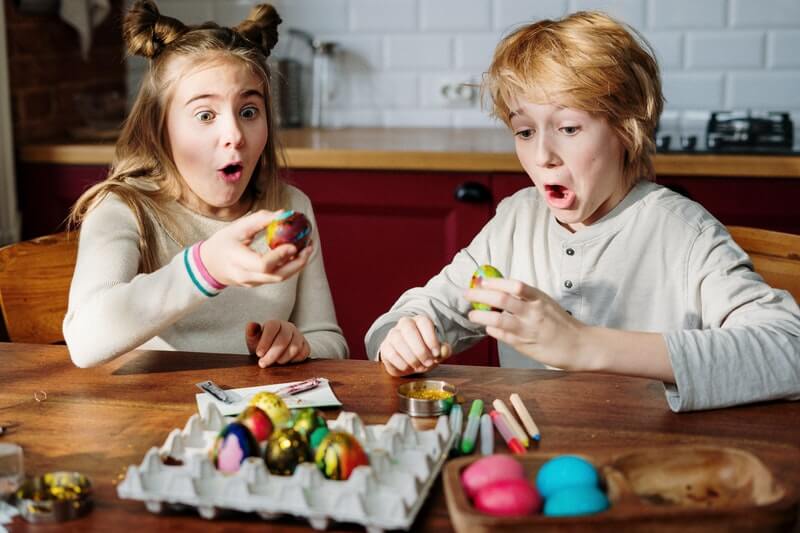What are the benefits of sensory play?
At birth, a child’s senses are not fully developed. Instead, they develop over time as children engage with the world around them. This means that babies, toddlers, and young children learn about the world by touching, tasting, smelling, seeing, hearing, and moving their bodies.
The risk of too little sensory play
Babies who do not have the opportunity to touch different types of materials and develop their sense of touch, they tend to ‘mouth’(put things in their mouth) things for longer. This is because the lips are more sensitive to the fingertips. This is why we advise parents to buy a wide variety of toys not just plastic.
Brain development
Because young children’s senses are still developing, each new sensory experience builds neural pathways that grow the architecture of the brain. The brain growth that occurs through sensory play enhances children’s senses, and their enhanced senses in turn make them better able to use those senses for learning. For example, as children engage with various textures, they learn which ones are rough vs. smooth, which ones are hard vs. soft, and which ones are wet vs. dry. This awareness is a first step in learning to classify and sort objects.

Ice in a glove introduces children to hot vs. cold and the concept of freezing and melting. We often hide objects inside for children to discover.
The benefits
The benefits of sensory play are numerous. Here is a partial list of skills children develop when engaging in sensory play:
⦁ Language skills – children develop their language skills, including new vocabulary, as they talk about their experiences
⦁ Social skills – children who engage in sensory experiences alongside others learn to share, negotiate, and plan
⦁ Fine motor skills – as children manipulate small objects, they develop their fine motor skills
⦁ Gross motor skills – children develop gross motor skills by squatting, jumping, or otherwise moving their bodies
⦁ Dramatic play skills – children frequently use sensory materials to engage in dramatic play such as by “baking cakes” or “building roads”
⦁ Scientific reasoning skills – children learn about cause and effect when manipulating sensory materials
⦁ Self-control skills – children develop self-control as they learn to respect the rules and boundaries for sensory play

Playing with coloured spaghetti does not just develop fine motor skills but is visually appealing, stimulates the senses and can be made more exciting if you hide small toys inside.
Getting messy
Sensory play is often called messy play because it can get messy. However, it is these real and exciting experiences that stimulate the child’s motivation and desire to learn. As parents, we need to allow our children to experiment and touch and try new things. We need to support their play and exploration and try not to limit them by scolding them for getting dirty or messy. You may have a future scientist in your home!
